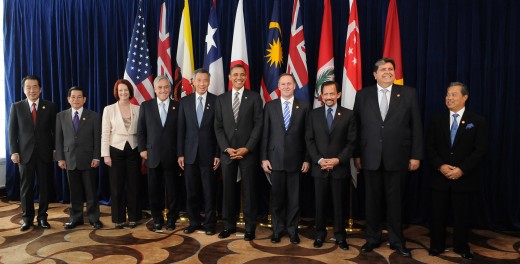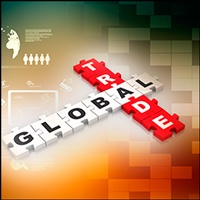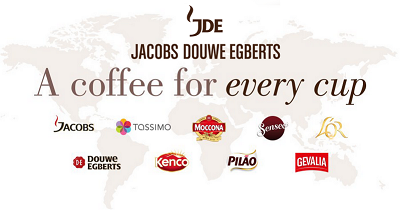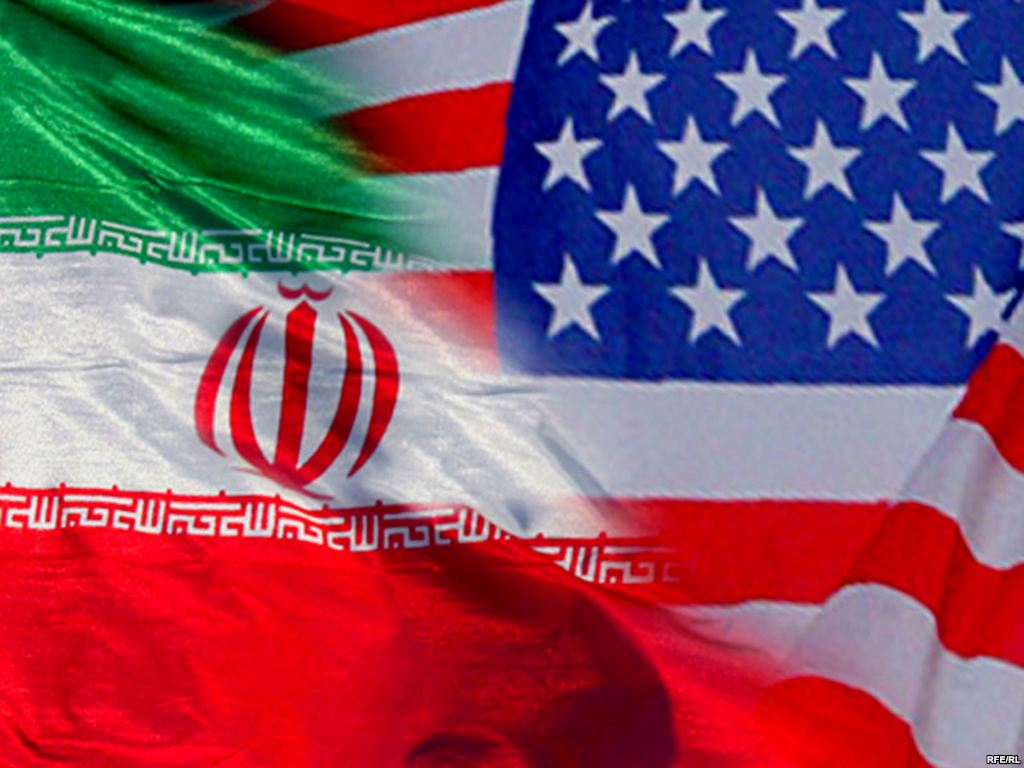On October 5th, 2015 the United States, Japan and 10 Pacific Rim nations reached the largest trade pact in decades by finalizing the Trans-Pacific Partnership (TPP) negotiations. The agreement, which comprises 12 nations that make up 40% of the world GDP, is expected to tear down trade barriers and establish new labor, environment and e-commerce standards.
Read More
Topics:
Retail,
Import Management,
Supply Chain Visibility,
Export Compliance,
Events,
Foreign-Trade Zones,
Footwear
In an era of heightened security, determining whether individuals, companies or organizations are restricted from conducting trade is essential. Exporters are responsible for ensuring that they are compliant with government regulations and that their goods are not being sold to undesirable entities. With this situation in mind, AeroTurbine, Inc. has selected the Amber Road restricted party screening (RPS) solution in order to upgrade its compliance processes.
AeroTurbine is a global aviation company specializing in supply chain management solutions, the sale and lease of aftermarket commercial engines, aircraft and parts, technical advisory services and aircraft maintenance to its customers located around the world.
Read More
Topics:
Export Compliance,
Restricted Party Screening
Many companies perceive customs duties, tariffs and other aspects of global trade as primarily a compliance issue. However, according to SCM World’s July research study, companies with that viewpoint risk leaving millions of dollars in annual "hidden" duty savings on the table and forgoing the smoother facilitation of market growth plans that a professional global trade management capability can deliver.
Join Amber Road and SCM World for a live webinar on Thursday, October 1, at 2:00 PM EST, to delve into SCM World’s brand new report. Presenters will explore real-life scenarios that accurately depict the challenges companies face when factoring trade into the landed-cost analysis.
Read More
Topics:
Global Trade Management,
Import Compliance,
Export Compliance
Trade regulations and restricted party lists are constantly changing, and many global companies now realize that automated, reliable restricted party screening is an essential part of any comprehensive compliance program. With this insight in mind, global coffee and tea company JACOBS DOUWE EGBERTS has signed a worldwide contract for an automated restricted party screening (RPS) solution.
JACOBS DOUWE EGBERTS is in the process of developing a global corporate compliance strategy and has targeted restricted party screening as the first step towards comprehensive protection.
As one of the world’s largest pure-play coffee and tea companies, Netherlands-headquartered JACOBS DOUWE EGBERTS is the center of an extensive global supply chain. It holds market-leading positions in 18 countries globally as well as a strong emerging market presence. This adds up to hundreds of thousands trading partner entities, all of which will be screened by the Amber Road Restricted Party Screening solution.
Read More
Topics:
Import Compliance,
Export Compliance,
Restricted Party Screening
Risk is a fact of life for any supply chain, whether it’s dealing with quality and safety challenges, supply shortages, legal issues, regulatory and environmental compliance, or natural disasters. Luckily, companies can take a proactive approach to risk management to ensure their global supply chains are insulated.
Read More
Topics:
Import Management,
Export Management,
Export Compliance
On July 14, 2015, The United States, Iran, Britain, France, Germany, Russia and China reached a Joint Comprehensive Plan of Action to limit Iran’s nuclear program. In exchange, Iran will get billions of dollars in relief from crushing international trade sanctions. Under terms of the deal, "Iran must dismantle much of its nuclear program in order to secure relief from biting sanctions that have battered its economy."
Read More
Topics:
Amber Road News,
Export Compliance,
Restricted Party Screening
Today’s supply chains are increasingly complex, and companies must manage risks both proactively and reactively to avoid disruptions such as quality issues, shipment delays, product shortages, and excessive expediting costs. Last month, Amber Road attended WIT-NC’s seminar, Best Practices in Export Control Audits for 2015, in Sunnyvale, CA. This event focused on the gold standard for export control audits in a post ECR and cloud computing world. Supply chain professionals attended the full day seminar to determine whether the principles of the Nunn-Wolfowitz Task Force Report of Industry Best Practices Regarding Export Compliance Programs, published in 2000, are still the gold standard for export control audits today.
Read More
Topics:
Amber Road News,
Export Compliance,
Restricted Party Screening
As always, AAEI’s 2015 Annual Conference was jam-packed with updates and in-depth discussions on the current trade environment and how it affects your business. This year’s theme, “The Evolution of Trade,” examined the origins and current realities of both the U.S. and global trade climate. Amber Road sent several of our top executives, content analysts, and thought leaders to the event, and they returned with some key takeaways.
Check out our new infographic below to see a snapshot of what our executives thought was the most interesting, topical, or surprising theme at the conference. Then, scroll down to dig a little deeper into our analysis of a few top trends in compliance and global trade.
Read More
Topics:
Import Compliance,
Export Compliance,
Trade Regulatory Content
In a recent article with Supply Chain Digest on Developing an Effective Export Compliance Audit Process, Suzanne Richer, Director, Trade Advisory Practices at Amber Road, remarked on the foundation and key attributes of an export compliance and audit process.
Read More
Topics:
Amber Road News,
Export Compliance
On September 18, 2014, dozens of business associations traveled to the headquarters of the Consumer Product Safety Commission in Bethesda, MD to get answers to their concerns over a new regulation requiring electronic filing of Certificates of Compliance. The new rule requires that regulated consumer products must be certified as compliant with the CPSC regulations by the manufacturer, importer, and the private labeler of the product. A certificate of conformity must also accompany the product or shipment of products.
Read More
Topics:
Import Management,
Export Management,
Global Trade Management,
Import Compliance,
Export Compliance,
Risk and Quality Management














